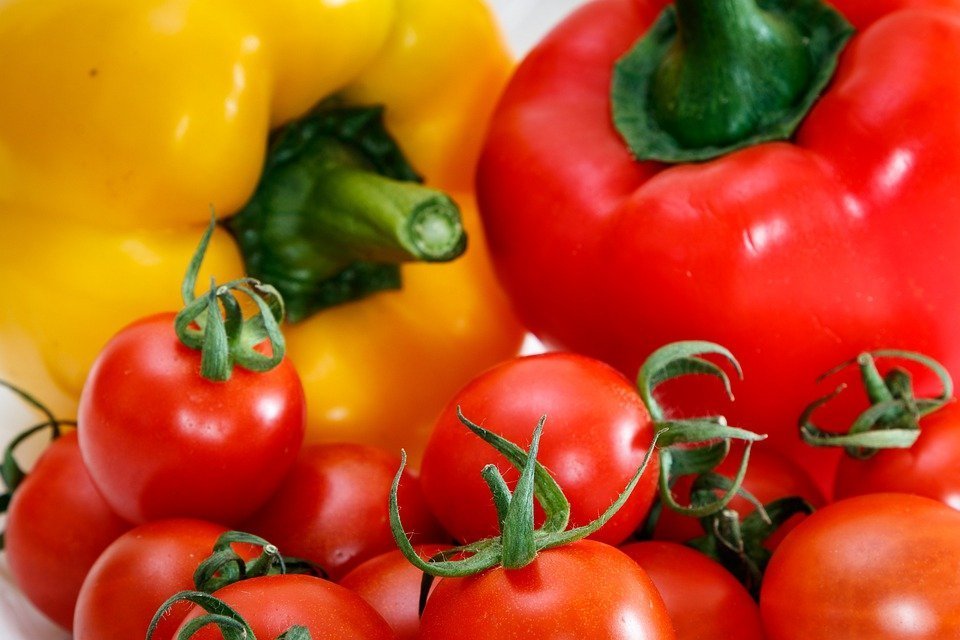Recently, EastFruit published an analytical material on threats to the greenhouse business of Uzbekistan, including the increased competition in the market of greenhouse vegetables in Russia. Today, we received a shocking message from Rosselkhoznadzor (Federal Service for Veterinary and Phytosanitary Surveillance of Russia). Russia bans the import of greenhouse tomatoes and greenhouse peppers from the Fergana region of Uzbekistan. Russia forces these limitations on exports due to the detection of a quarantine object, in particular, Tomato brown rugose fruit virus (ToBRFV), in the products supplied from Fergana.
“Fergana region, according to our estimates, is one of the largest producers of greenhouse vegetables in Uzbekistan, being second only to Tashkent and Samarkand. Also, whereas the Tashkent region focuses on supplies to the capital of the country and the domestic market, Fergana is precisely an export-oriented production region. Therefore, this ban will undoubtedly negatively influence the greenhouse industry in the region and lead to lower domestic prices for greenhouse tomatoes and peppers,” explained Andrii Yarmak, an economist at the Investment department of the Food and Agriculture Organization of the United Nations (FAO).
At the same time, traders note that this is not as a tragedy, but a warning. Anonymously, one of the market participants informed us that if the ban is introduced only for the products of one region, then the supplies from Fergana will most likely continue, but, officially, the products will come from other regions. After all, earlier, according to the market participant, Uzbek greenhouse vegetables were quite successfully sold to Russia through Kyrgyzstan and Kazakhstan, which are members of the EAEU.
Read more: Uzbekistan: prices for greenhouse vegetables increased by 79% in 2020
Besides, EastFruit experts would like to emphasize the importance of increasing the level of quarantine control of Uzbekistan’s greenhouse products within the country and profound analysis of the situation within each of the greenhouse farms since a repeated detection of this virus can lead to a complete end in the export of products. It is worth noting that this is essentially the only sales market for greenhouse products from Uzbekistan.
The report of the Rosselkhoznadzor contains the following: “The Federal Service for Veterinary and Phytosanitary Surveillance will introduce a ban on the import of tomatoes and peppers into Russia from the Fergana region of the Republic of Uzbekistan from November 26, 2020. This measure was taken in due to the detection of the tomato brown rugose fruit virus (ToBRFV) in tomatoes and peppers from this region of Uzbekistan.”
Rosselkhoznadzor introduced restrictions to prevent this virus from entering and spreading on the territory of the Russian Federation, guided by paragraph 1 of Article VII of the International Plant Protection Convention (Rome, 1951, as amended in 1997) and paragraph 40 of Article 2 and Article 17 of the Federal Law of 21.07. 2014 № 206-FZ “On plant quarantine”.
For reference:
Tomato brown rugose fruit virus (ToBRFV), tomato spotted wilt virus, and pepino mosaic virus are absent in the Unified List of Quarantine Objects of the EAEU, approved by Decision of the Council of the Eurasian Economic Commission No. 158 dated 30.11.2016. Taking into account the severe harmfulness of these viruses for greenhouse vegetables in Russia, from July 27, 2020, Rosselkhoznadzor introduced the requirement to ensure their absence in seeds, seedlings, and fruits of tomato and pepper coming to Russia from exporting countries as a temporary quarantine phytosanitary measure. The requirement will remain in effect until these viruses are included in the Unified List of Quarantine Objects of the EAEU. At the same time, Rosselkhoznadzor appealed to the Eurasian Economic Commission with a request to promptly consider supplementing the Unified List with the indicated pests.
The use of the site materials is free if there is a direct and open for search engines hyperlink to a specific publication of the East-Fruit.com website.




